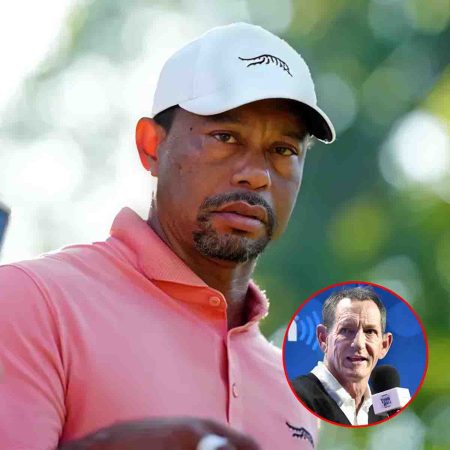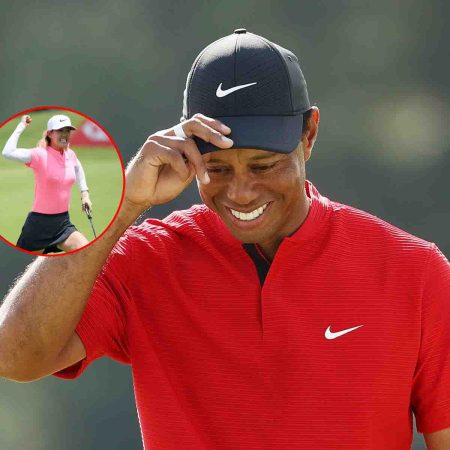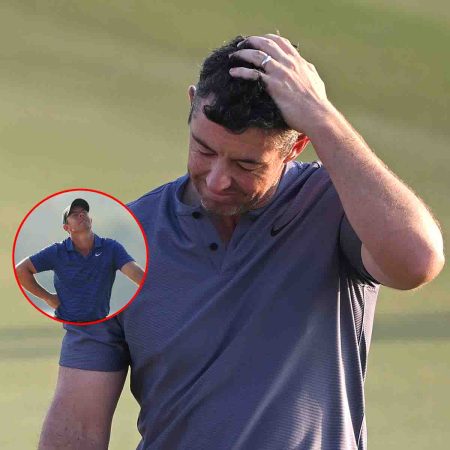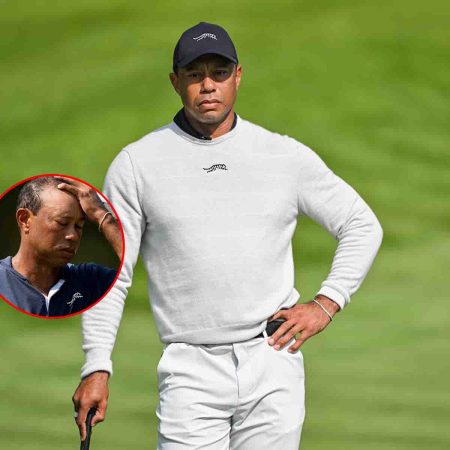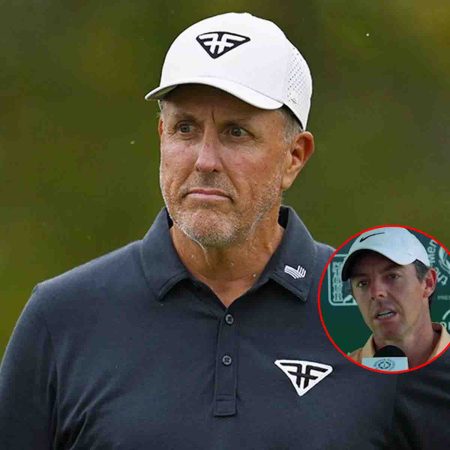Besides Pep Guardiola, no current Premier League manager comes close to Jurgen Klopp for longevity. That says probably as much about the inexhaustible, cyclical churn of elite coaches than anything else, but Klopp seems to have established himself as uniquely untouchable.
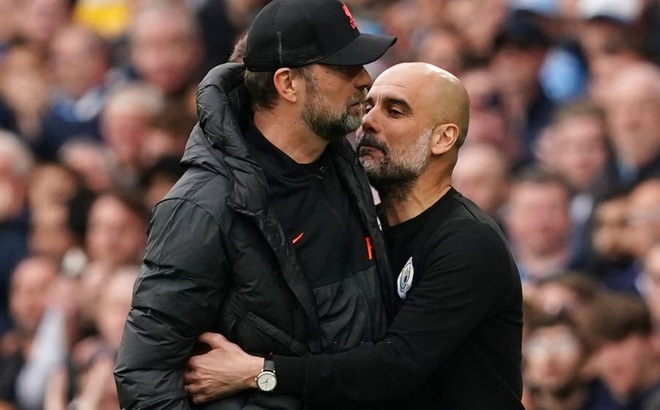
The ties which bind the German to Merseyside run deeper than results, though his achievements since taking over from Brendan Rodgers in 2015 have elevated him to a place unheard of in Liverpool’s recent history, one in a similar bracket to Bob Paisley and Bill Shankly.
Along the way, there have been cracks – most notably, when the Reds mustered one of the most feeble title defences in Premier League history in 2020-21, including six losses in seven games across February and March. At that point, it was inconceivable that within a year they would be on the brink of a historic quadruple.
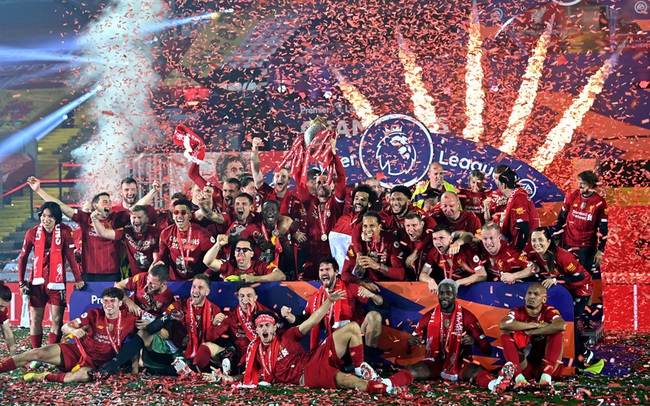
Yet what marks Liverpool’s early season decline this time around as so startling is that it has happened so suddenly, from a Champions League final and challenging for the domestic title on the final day of last term, to a run of two wins from seven games, failure to beat Fulham, Crystal Palace and Everton, a humbling against their greatest rivals, and a European collapse against Napoli.
The manner of defeat in Italy raised the most pertinent question of all, raised by Jamie Carragher among others, as to whether Klopp is able to rediscover the “intensity” which defined his previous Liverpool sides.
The suspicion that full-throttle football – or to borrow a Kloppism, “heavy metal football” – leads inexorably to burnout was so often levelled at Marcelo Bielsa at Leeds, but the Liverpool boss has faced similar accusations in the past.
There is an infamous “seven-year curse” which threatens to derail his tenure, as odds were slashed on him becoming the next Premier League manager sacked on Wednesday night.
It began at Mainz, just three years after his “greatest success as a coach”. In 2004, they had won promotion to the Bundesliga for the first time in their history and he led them to two successive 11th-place finishes, before they were relegated.
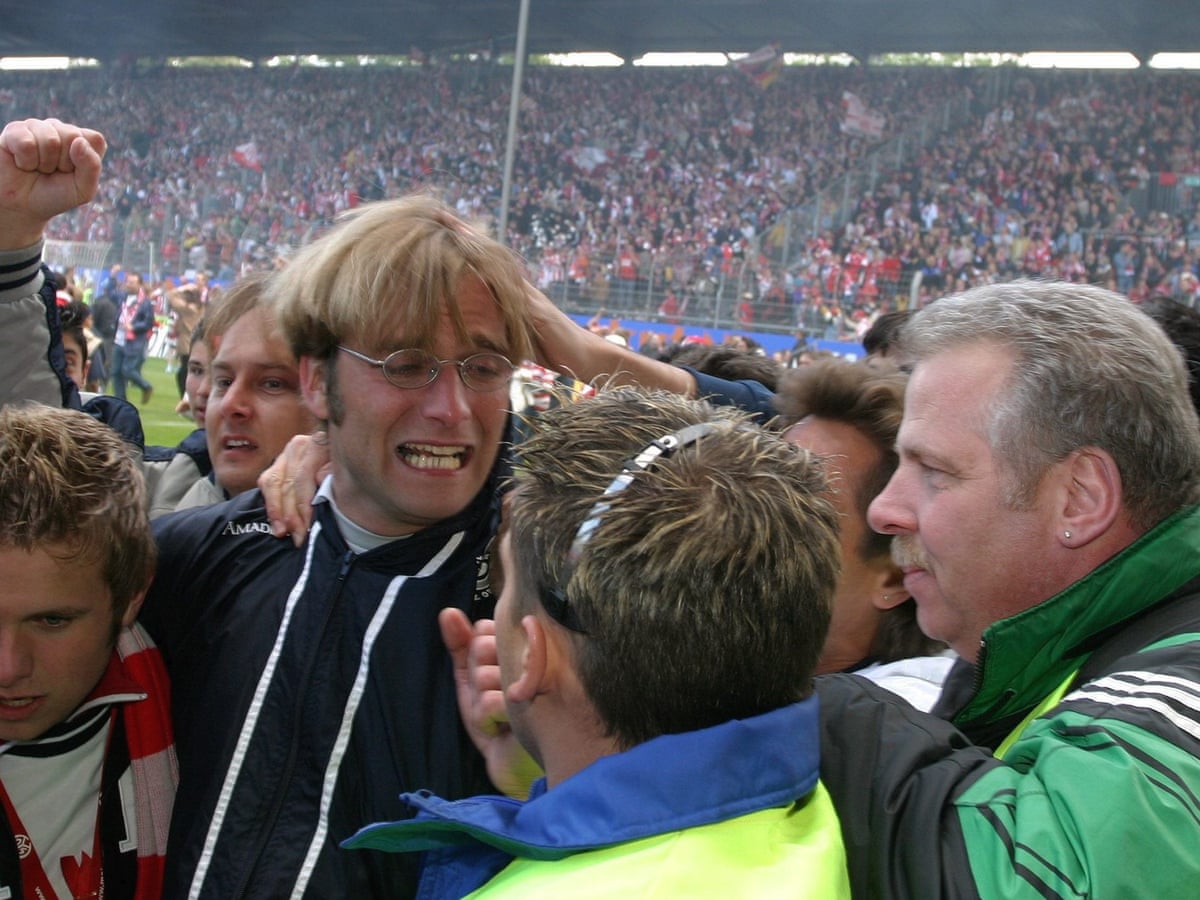
In isolation, that means little. A minnow who had no real right to punch above their weight eventually came up short. Every year, they had only survived, as Elmar Neveling explains in his biography of Klopp, “by the skin of their teeth… it was a sequence that couldn’t go on”.
However, history repeated itself at Borussia Dortmund, where Klopp had won back-to-back league titles – the last non-Bayern Munich manager to do so in the Bundesliga – and reached the Champions League final at Wembley (which they also lost to Bayern).
In the Bavarians, he was competing with an impenetrable giant just like he is now at City, though at least he no longer has the misfortune of losing his best players to Liverpool’s rivals directly. At Dortmund, the departure of Robert Lewandowski, with scored 71 goals in 131 appearances, was the tipping point, strengthening Bayern beyond reach and simultaneously decimating Dortmund’s hopes of keeping pace.

In Klopp’s final season, they spent time in the relegation zone, lost 14 games, and eventually finished seventh. At the time his exit was confirmed, with six games left to play, Dortmund were languishing in 10th.
“This club deserves to be coached by someone who is 100 per cent the right person for the job, and a decision had to be made,” he said in 2015. “I read this morning about myself being tired. That isn’t true. I’m not tired and I have no plans to take a sabbatical, but likewise I have no plans arranged with other clubs either, nothing at all.”
This time around, in a pre-season interview with The Anfield Wrap, he acknowledged it was “really strange” to be entering his seventh season and made an early admission that his side needed to evolve.
“We are now already a while together, it’s my seventh season,” he said. “But we cannot just keep things like they are.
“So we cannot just say ‘ah it’s great’ with the same team and getting older. You have to make changes, we do. We do, constantly.”
The intention has always been to take a sabbatical from football when his Liverpool reign comes to an end – but there has always been a widespread assumption that would happen at the moment of his choosing, on his own terms. That is the logic that suggests Klopp is here to stay for now, barring catastrophe.
Src: inews.co.uk



